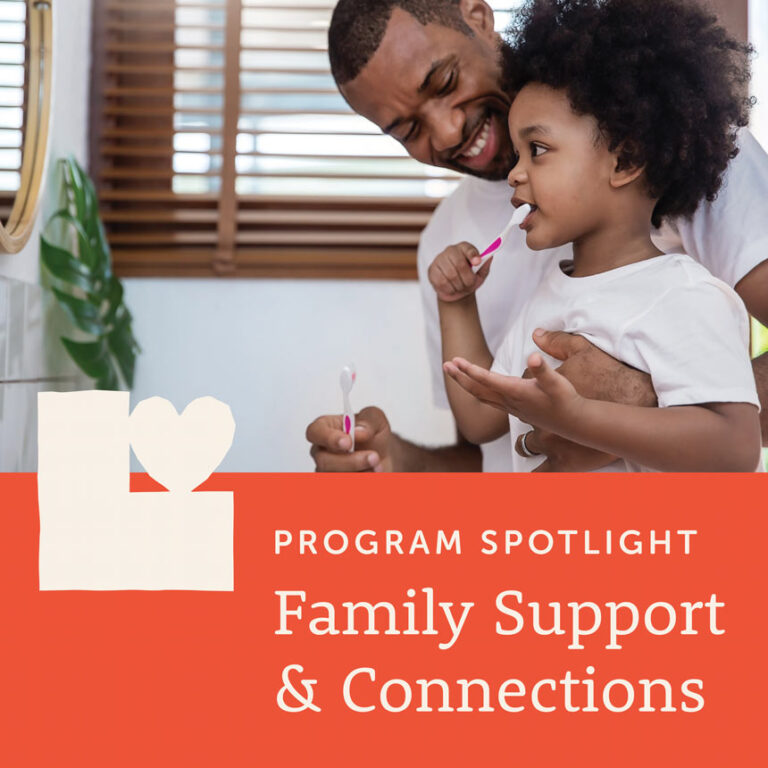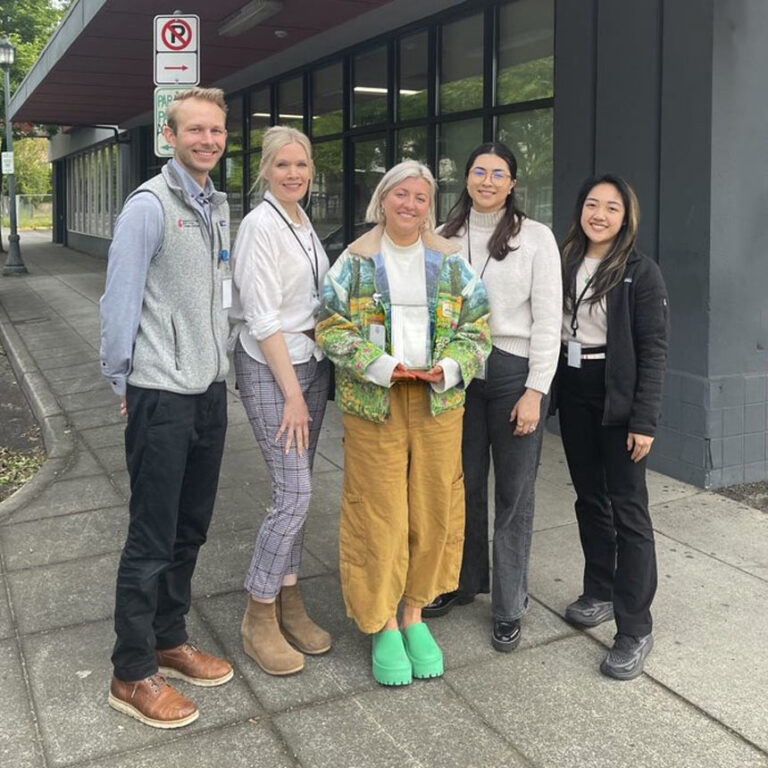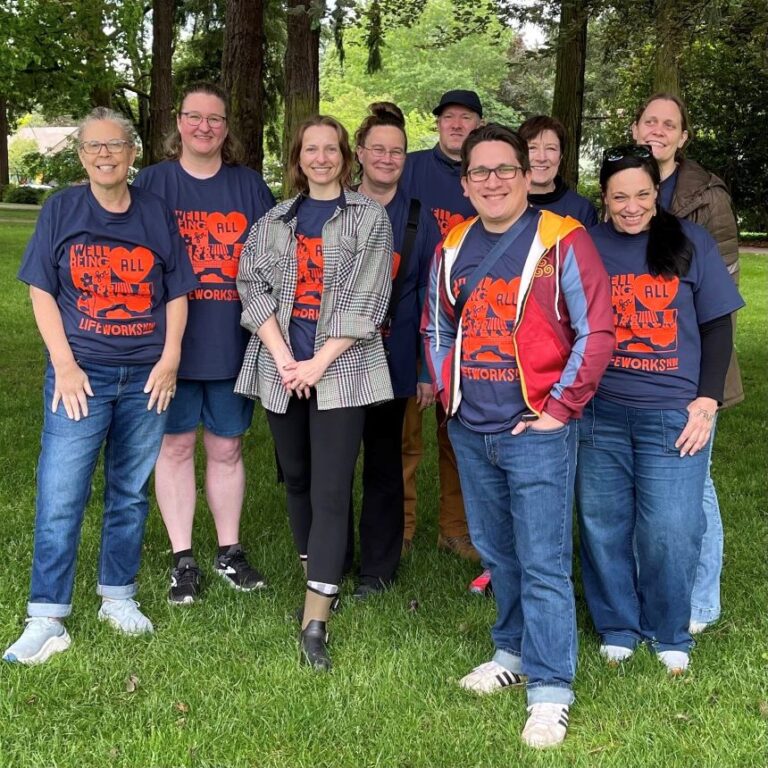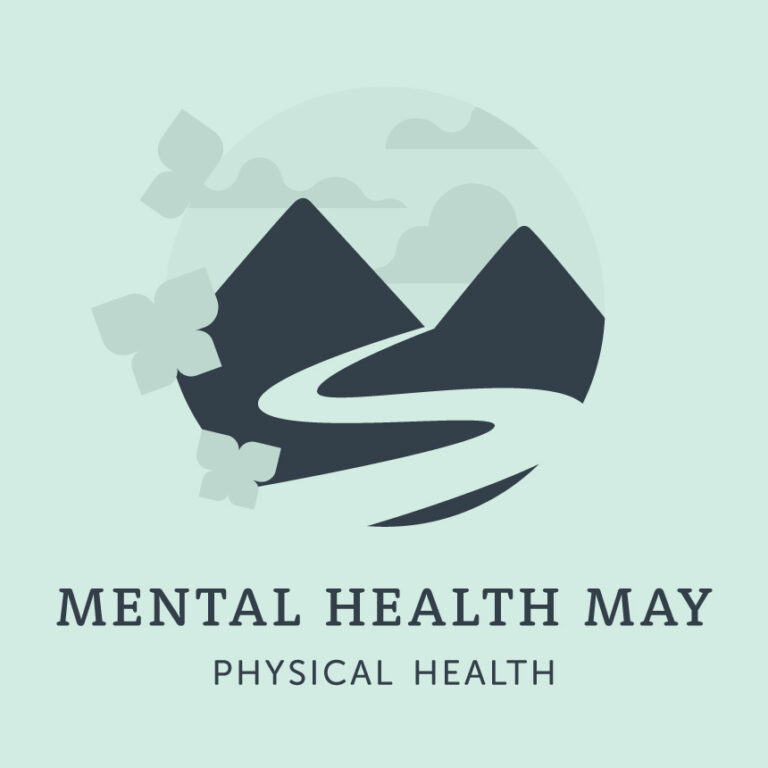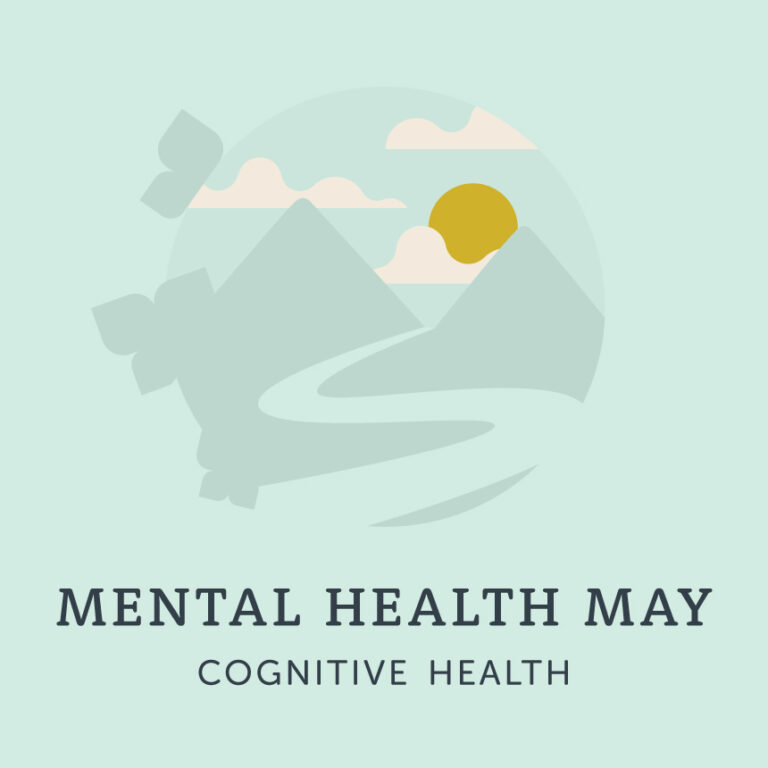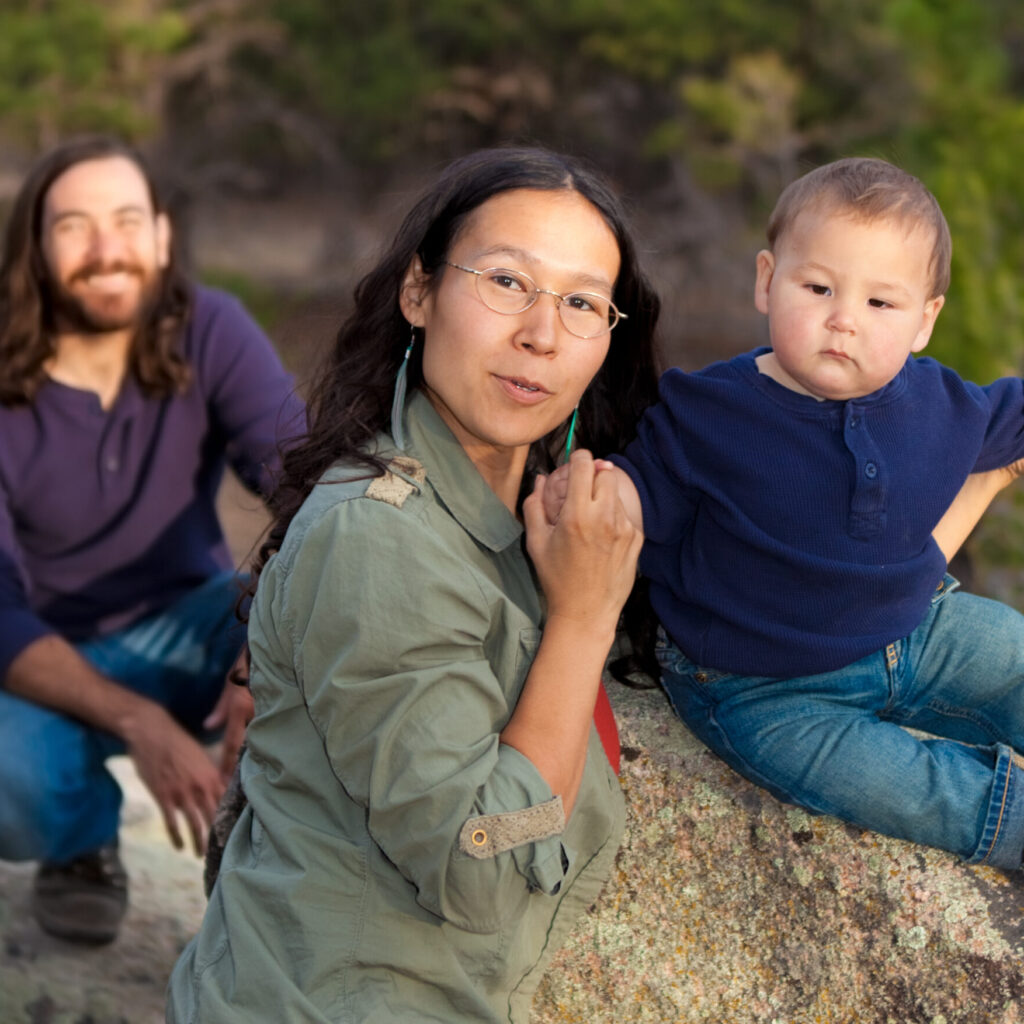
Living in the United States, all of us have internalized negative messages about Native American communities. You can probably recall your primary education and the history lessons you were exposed to: the “founding” of America, the first settlers, pilgrims and the first Thanksgiving. Even today, stereotypes persist about Native people and cultures, when their existence isn’t erased altogether from the conversation.
Unfortunately, most students aren’t even taught the basics of Native history in schools. And most of the lessons they are exposed to are filled with stereotypes regarding war, violence, aggression, and mistrust. According to a 2019 report by the National Congress of American Indians, 87% of state history standards don’t include any Native history after the year 1900. Even more shocking is the fact that 27 states don’t mention Native Americans in their K-12 curriculum at all.
This lack of accurate information is exactly why Native activists and scholars have been pushing for formal recognition of their history and contributions to American culture since the early 1900s. One of the first efforts was led by Red Fox James, a member of the Blackfoot tribe, who rode on horseback from state to state in 1915 and asked the governments of 24 different states to endorse a day to honor American Indians, eventually presenting his proposal to the White House.
While individual counties and states declared specific dates as “American Indian Day” throughout the twentieth century, it wasn’t until 1990 that President H.W. Bush declared November National American Indian Heritage Month. Then, in 2009, President Barack Obama designated the Friday following Thanksgiving as Native American Heritage Day – nearly a century after the first efforts to establish a national holiday first began.
Native American Heritage month certainly isn’t the only time when a special designation has been made to honor and celebrate a specific culture and events. With that said, why is honoring, valuing and learning about Native American Heritage important?
Simply put: Native American Heritage matters because it surrounds us in our everyday lives, even though we may not realize it. If you are interested in learning more about Native culture, here is a tip: take a good look around. Native culture is everywhere – it’s the land you walk on, the food you eat, medicines you take, and a connection to nature you may feel and experience. You may live in a city, state or county named after a tribe that used to steward the land.
Different cultures expose us to traditions, people, language, customs and one another. Learning more enriches all of our lives. If you want to build your cultural awareness this November, there are a number of helpful resources to help you get started.
SAMHSA has put together an informative guide on American Indian and Alaska Natives, including a debunking of common myths about Native cultures. You can check it out here.
For those who want to investigate further, the NCAI has put together a guide on the history of relations between the American government and Tribal Nations, available here.
The Library of Congress has created a website featuring historical images, audio and video which you can explore here.




